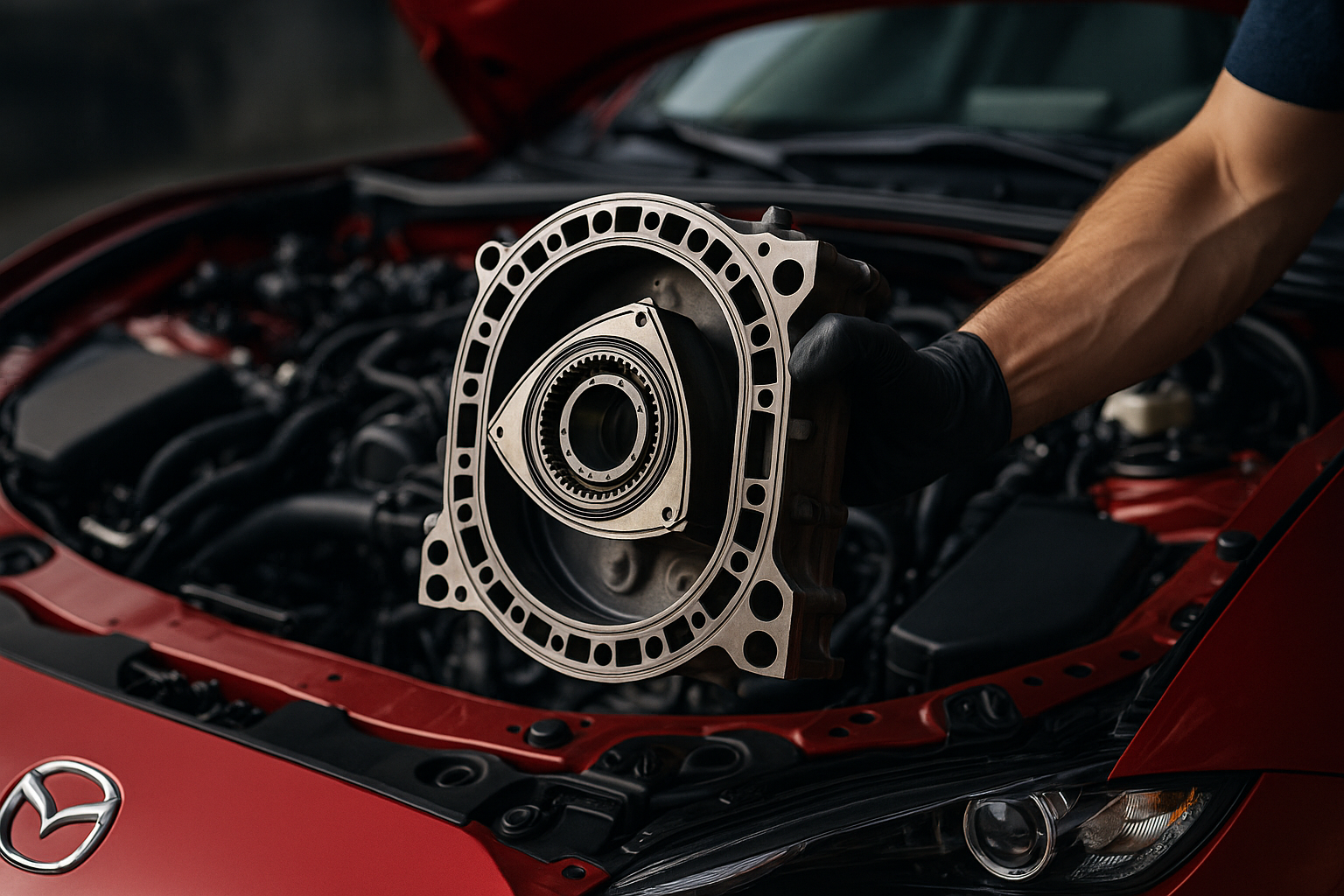Understanding Car Repair Services and Maintenance Essentials
Keeping your vehicle in optimal condition requires more than just filling the gas tank. Regular maintenance and timely repairs play a crucial role in ensuring your car remains reliable, safe, and efficient. Whether you're dealing with unexpected breakdowns or planning routine checkups, understanding the fundamentals of car repair services can help you make informed decisions that protect your investment and keep you safely on the road.

Every vehicle owner eventually faces the reality of car repairs. From minor tune-ups to major component replacements, understanding what goes into professional auto repair can save you time, money, and stress. Modern vehicles are complex machines with intricate systems that require specialized knowledge and tools to diagnose and fix properly. Recognizing when your car needs attention and knowing what to expect from repair services can make the difference between a minor inconvenience and a major breakdown.
How Regular Car Repair Services Keep Your Vehicle Running Smoothly
Consistent maintenance schedules form the foundation of vehicle longevity. Regular car repair services encompass oil changes, fluid checks, filter replacements, and system inspections that prevent small issues from escalating into costly problems. Mechanics recommend following manufacturer guidelines for service intervals, typically every 3,000 to 7,500 miles depending on your vehicle and driving conditions. During these visits, technicians examine critical components like belts, hoses, and brake pads for wear. They also check tire pressure and tread depth, ensuring optimal fuel efficiency and safety. Preventive maintenance catches problems early when repairs are simpler and less expensive. Neglecting routine services can lead to decreased performance, reduced fuel economy, and potentially dangerous mechanical failures while driving.
Car Troubles and What to Know About Professional Auto Repair
Recognizing warning signs helps you address issues before they worsen. Common indicators include unusual noises such as grinding, squealing, or knocking sounds, dashboard warning lights, vibrations while driving or braking, difficulty starting the engine, and leaking fluids under your parked car. When these symptoms appear, professional diagnosis becomes essential. Reputable auto repair shops employ certified technicians who use diagnostic equipment to identify problems accurately. They should provide clear explanations of needed repairs, written estimates before beginning work, and warranties on parts and labor. Ask about technician certifications, read customer reviews, and verify that the shop uses quality replacement parts. Transparent communication distinguishes trustworthy repair facilities from those that might recommend unnecessary services. Understanding your rights as a consumer, including the right to see replaced parts and receive detailed invoices, protects you from fraudulent practices.
From Engine to Brakes and Why Timely Car Repair Matters
Delaying necessary repairs compromises both safety and finances. Engine problems that start as minor misfires can damage catalytic converters, resulting in repairs costing thousands of dollars instead of hundreds. Brake systems require immediate attention when showing signs of wear, as compromised braking ability directly threatens your safety and that of others on the road. Suspension issues affect vehicle handling and tire wear, while transmission problems can leave you stranded. Timely intervention prevents cascading failures where one malfunctioning component damages others. For example, a failing water pump can cause engine overheating and head gasket damage. Similarly, worn brake pads that go unaddressed can damage rotors, significantly increasing repair costs. Addressing issues promptly maintains your vehicle’s resale value and reliability while minimizing the total cost of ownership over time.
How Expert Car Repair Can Extend Your Vehicle Lifespan
Professional expertise makes a measurable difference in vehicle longevity. Skilled technicians understand the interconnected nature of automotive systems and can identify underlying causes rather than just treating symptoms. They use proper tools, follow correct procedures, and apply appropriate torque specifications that DIY repairs might miss. Quality repair work includes using parts that meet or exceed original equipment specifications, ensuring compatibility and durability. Expert mechanics also provide valuable advice on driving habits and maintenance practices that reduce wear on components. Vehicles that receive consistent professional care often exceed 200,000 miles, while those with deferred maintenance or improper repairs frequently experience premature failures. The investment in qualified service pays dividends through extended vehicle life, better performance, improved fuel efficiency, and fewer unexpected breakdowns.
Essential Tips for Maintaining and Repairing Your Car Efficiently
Smart vehicle ownership combines preventive care with informed decision-making. Keep detailed maintenance records documenting all services and repairs, which helps track patterns and proves proper care when selling your vehicle. Learn to check fluid levels, tire pressure, and basic components yourself between professional services. Build a relationship with a trusted mechanic or repair shop rather than switching providers frequently. Compare estimates for major repairs from multiple shops, but remember that the lowest price does not always represent the best value. Invest in quality parts for critical systems like brakes and steering, where reliability matters most. Consider extended warranties or service plans for newer vehicles, evaluating whether the coverage justifies the cost based on your driving habits and vehicle reliability history. Stay informed about recalls affecting your vehicle model and address them promptly at authorized dealers. Finally, budget for car maintenance as an ongoing expense rather than treating repairs as unexpected emergencies.
Conclusion
Car repair and maintenance represent essential responsibilities of vehicle ownership. Understanding what services your car needs, recognizing warning signs of problems, and working with qualified professionals ensures your vehicle remains safe, reliable, and efficient. Regular maintenance prevents costly repairs, while timely attention to issues protects your investment and safety. By approaching car care proactively and making informed decisions about repairs, you can extend your vehicle’s lifespan and enjoy dependable transportation for years to come. The knowledge you gain about your car’s needs empowers you to navigate the repair process confidently and maintain your vehicle’s performance at optimal levels.




